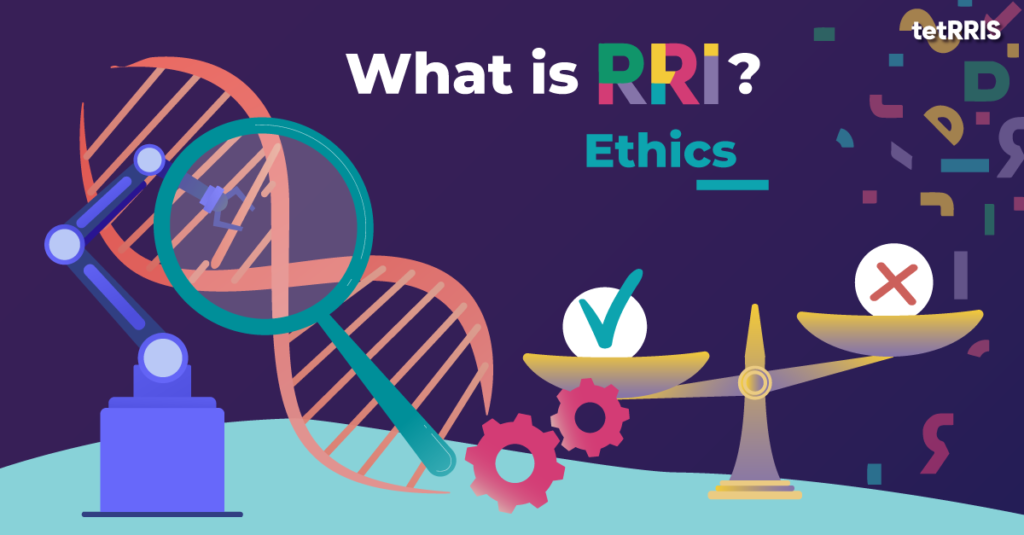
When we talk about Responsible Research and Innovation (RRI), the main ethical effort is to achieve its whole integration across the entire Research and Innovation (R&I) process to ensure its correct development. In this sense, there are 4 principal phases in which ethics can be divided: project definition and proposal writing, call formulation, agenda setting, and project execution.
“RRI recognises the transformative power of science and innovation to create futures and it encourages us to think what kind of futures do we want to create”
Richard Owen – University of Exeter Business School
The way towards integrating ethics in the abovementioned phases needs a continuous orientation, reflection, and deliberation on the decisions taken, the actions that are carried out, and the values at stake. By organising the whole process so that moral deliberation is taken into account continuously, it is easier to be more oriented to reflect on the values at stake as well as on the desired goals and the most effective ways to achieve them.
However, beyond the well-known universal ethic principles, organisations and even nations should develop their own specific codes of good practice in relation to their culture, history, and legal system. These rules are the ultimate way to control R&I, preventing inappropriate practices and fostering proper standards for aspects like data management and preservation or the protection of authorship in scientific articles.
Thinking about ethical issues in RRI and your responsibilities and the values that are important to citizens will make you aware of opportunities and it opens up a completely new world and not to do that would be missing lots of great opportunities.”
Jeroen van den Hoen – Delft University of Technology
On the other hand, one of the greatest RRI objectives is to broaden the reflection that takes place during research and innovation processes by concretely defining the problems and the preferred solutions as well as the main aims, concerns, and values. Moreover, it also means to implement a higher engagement among all involved actors so that deliberation and specially action processes are carried out in an inclusive way. Thus, it is key that reflection on RRI should be facilitated from a project-based perspective but also from a structural and institutional point of view from R&I organisations.
Considering the key role that R&I plays in the development of a sustainable and suitable future; it is evident that ethics will have to be taken into account throughout all RRI practices. How innovation is approached will be a determinant to achieve successful and important advances as a society.
Hits: 170




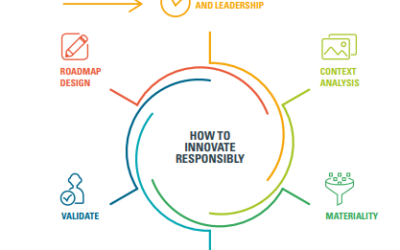
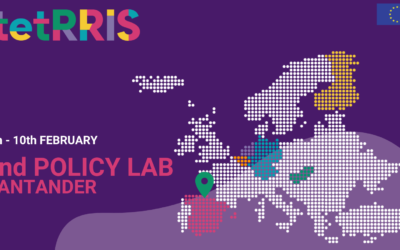
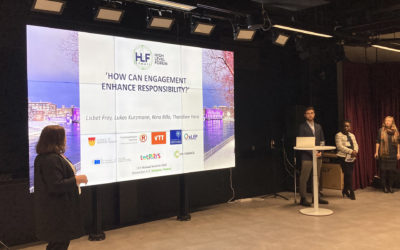
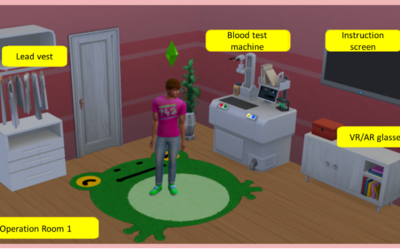



0 Comments